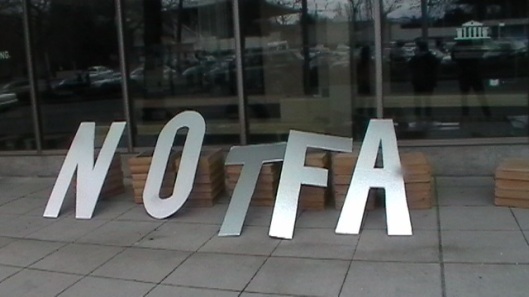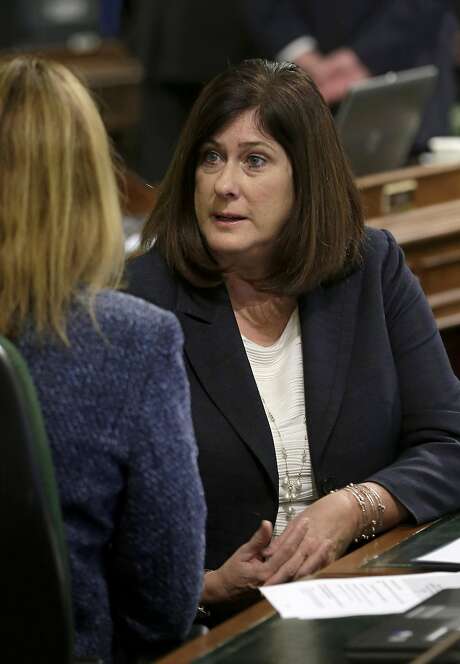TFA Spies on you.

From the TFA website:
YOUR INFORMATION ABOUT WHAT TFA DOES WITH YOUR INFORMATION:
“In order to access certain features and benefits on our Website, you may need to submit “Personally Identifiable Information” (i.e., information that can be traced back to you). Personally Identifiable Information can include information such as your name, home address, telephone number, and email address. You are responsible for ensuring the accuracy of the Personally Identifiable Information you submit to Teach For America. Inaccurate information may affect your ability to use the Website, the information you receive when using the Website, and our ability to contact you.
When users come to our Website, we may track, collect, and aggregate Non-Personal Information indicating, among other things, which pages of our Website were visited, the order in which they were visited, and which hyperlinks were “clicked.” Collecting such information may involve logging the IP address, operating system, and browser software used by each user of the TFA Spies on you. | DCGEducator: Doing The Right Thing:











